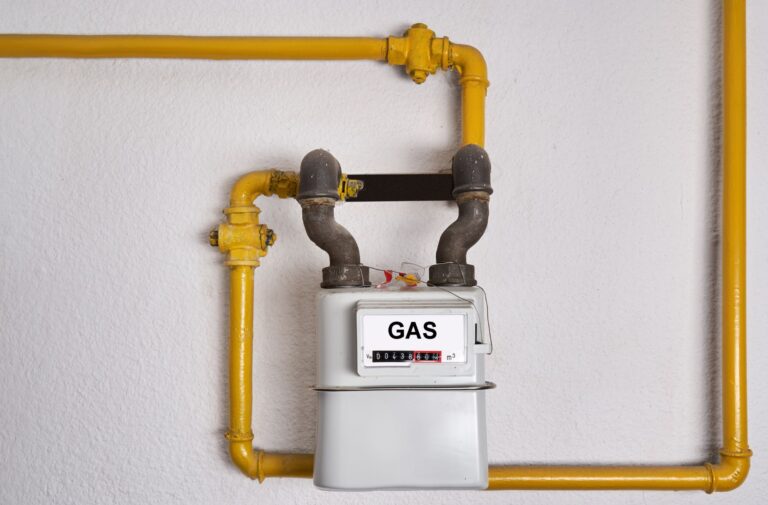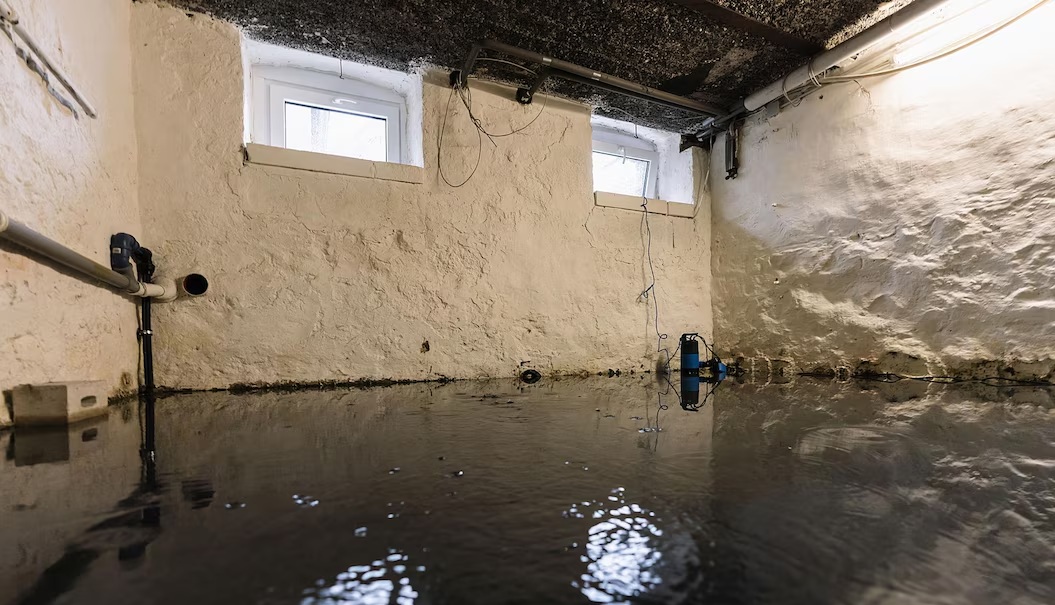Gas lines play a crucial role in providing energy to many homes in Long Beach, California. They supply fuel for essential appliances like stoves, water heaters, and furnaces, ensuring comfort and convenience for your family. However, gas line issues can pose significant risks to your home and loved ones if not addressed properly. Power Pro Plumbing Heating & Air is committed to educating homeowners about common gas line problems and the safest ways to tackle them, so you can protect your home and family. We will discuss the most prevalent gas line issues and provide expert guidance on how to address them safely and effectively.
I. Gas Leaks
One of the most dangerous gas line issues is a gas leak. Leaks can occur due to damaged or corroded pipes, improper installation, or natural disasters. It’s crucial to know the warning signs of a gas leak, which include:
1. A rotten egg smell due to the addition of a chemical called mercaptan in natural gas
2. Hissing or whistling sounds near gas appliances or pipelines
3. Visible signs of damage, such as discolored or dead vegetation near the gas line
If you suspect a gas leak, follow these safety steps:
1. Immediately evacuate your home and move to a safe distance.
2. Avoid using any electrical devices, as they might cause a spark.
3. Call your gas company and our professionals to locate and repair the leak.
II. Poor Gas Line Ventilation
Proper ventilation is essential in preventing the buildup of dangerous levels of carbon monoxide (CO), which is a byproduct of burning natural gas. Inadequate ventilation can be due to blocked or obstructed vents, improperly installed appliances, or faulty equipment. To ensure your gas line is well-ventilated:
1. Regularly inspect and clean your vents, ensuring they are free of debris.
2. Schedule routine maintenance and inspection of gas appliances by our professionals.
3. Install CO detectors on each level of your home and test them regularly.
III. Corroded or Damaged Gas Pipes
Over time, gas pipes may corrode or become damaged due to age, environmental factors, or soil conditions. Signs of damaged gas pipes include:
1. Visible signs of damage, such as cracks or discolored joints
2. Hissing or whistling sounds near the gas line
3. Unexplained increases in gas bills
To address and prevent corrosion or damage to your gas pipes:
1. Schedule regular inspections of your gas line by our technicians to ensure pipes are in good condition.
2. Replace aging or damaged pipes with durable materials, such as coated steel or polyethylene.
3. Ensure that your gas line is installed and maintained according to local codes and regulations.
IV. Improper Gas Line Installation
Incorrect installation of gas lines can lead to several issues, such as gas leaks, inefficient appliance operation, and increased risk of accidents. Common mistakes made during installation include using incorrect materials, failing to account for expansion and contraction, and not following safety codes. To ensure proper gas line installation:
1. Hire our experienced professionals to install your gas line, ensuring it meets local codes and industry standards.
2. Verify that the correct materials and fittings are used in the installation.
3. Schedule routine inspections of your gas line and appliances to ensure they continue to operate safely and efficiently.
V. Faulty Gas Appliances
Gas appliances, such as stoves, water heaters, and furnaces, can pose risks if not functioning correctly. Leaks, poor installation, or worn-out components can lead to gas line issues. To keep your gas appliances operating safely:
1. Regularly inspect your gas appliances for signs of wear, damage, or malfunction.
2. Schedule routine maintenance with our technicians to extend the life of your appliances and ensure they are functioning safely.
3. Replace worn-out or damaged components as needed to prevent gas leaks or other hazards.
VI. Gas Pressure Issues
Gas pressure issues, such as low or high pressure, can affect the performance of your gas appliances and pose safety concerns. Gas pressure can be influenced by issues in the gas line, regulator, or appliances. To address and prevent gas pressure problems:
1. Schedule regular inspections and maintenance of your gas line, regulator, and appliances by our professionals to ensure proper pressure levels.
2. Monitor appliance performance and note any changes that may indicate gas pressure issues.
3. Consult our technicians if you experience gas pressure issues, as they can accurately diagnose and resolve the problem.
VII. Inadequate Gas Line Capacity
An insufficient gas line capacity can limit the performance of your gas appliances and may not be able to meet your household’s energy demands. This issue can be due to inadequate pipe sizing or increased energy needs due to home renovations or additional appliances. To address and prevent insufficient gas line capacity:
1. Ensure that your gas line is sized correctly for your household’s energy needs during the installation process.
2. Consult our professionals if you plan to add more gas appliances or renovate your home, so your gas line capacity can be evaluated and upgraded as needed.
3. Monitor the performance of your gas appliances and consult our technicians if you notice a decline in efficiency that may indicate insufficient gas line capacity.
In Conclusion: Safeguard Your Long Beach Home from Gas Line Issues
Your family’s safety and comfort depend on the proper functioning of your gas line system. By staying informed about common gas line issues and taking action to address and prevent them, you can minimize risks and protect your loved ones. It’s important to remember that dealing with gas line problems should always involve professional help to ensure safety and efficiency. Our skilled technicians at Power Pro Plumbing Heating & Air are ready to assist you with gas line inspections, maintenance, installations, and repairs to keep your Long Beach home secure and operating efficiently. Don’t take chances when it comes to the safety of your family and property. Contact us today to schedule your gas line repair service in Long Beach, CA, and let us help you maintain a safe and efficient gas line system in your home.










